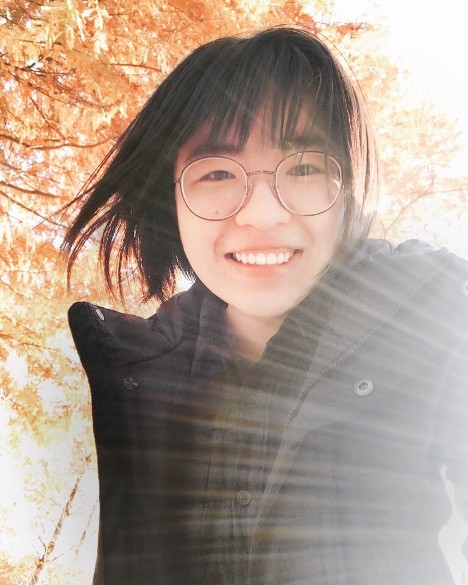Dr. Jue Mo’s academic journey began in China, where she earned a Bachelor in Wood Science and Technology with a focus on Interior and Furniture Design at Zhejiang Agriculture & Forestry University (ZAFU). The program provided a strong foundation in wood science while also allowing her to explore creative skills in modeling, design, and visualization. A Master’s degree followed at the National Engineering and Technology Research Center of Wood-based Resources Comprehensive Utilization where her research focused on enhancing the properties and color of bamboo through ultra-high temperature hot pressing. With this interdisciplinary background—blending design with material performance—Dr. Mo moved to the U.S. to pursue a Ph.D. in Wood Science at Purdue University, developing innovative hardwood products that challenge conventional approaches to sustainable materials.
In January 2025, Dr. Mo joined CINTRAFOR as a postdoctoral researcher, building on her research interest in mass timber. Before arriving at the University of Washington, Dr. Mo had begun exploring mass timber as a sustainable and innovative material, and this position offered an ideal opportunity to deepen that work. At CINTRAFOR, Dr. Mo leads several research efforts focused on Life Cycle Assessment (LCA) of wood-based systems. One of the main projects centers on bioenergy, where she coordinates a small team to design surveys, map process flows and collect field data in collaboration with local electricity providers. Our goal is to support LCA modeling of biomass supply chains and better understand their carbon reduction potential. In a parallel project, Dr. Mo applies the same LCA framework to thermally modified wood. She also contribute to the lab’s visual communication work, creating posters and deliverables to help translate CINTRAFOR’s research for academic and industry audiences.
Dr. Mo’s research focuses on forest products supply chains, mass timber systems and sustainable material innovation. Dr. Mo is particularly interested in how technical modeling and design thinking can support circular economy principles across the wood products industry. One of her most significant contributions is a publication titled “Wood-products value-chain mapping,” in which my co-authors and Dr. Mo developed a set of industry-wide maps that trace material flows from forest to finished products. These tools help researchers, educators, and professionals visualize the lifecycle of wood products, identify opportunities for innovation, and reduce waste through cascading use.
At Purdue, Dr. Mo served as a TA and guest speaker in courses ranging from wood identification to CNC furniture design. Dr. Mo enjoys sharing what she has learned—and learning just as much in return—through collaborations with students at CINTRAFOR. Her research is all about resource efficiency—but in her free time, she fully embrace energy inefficiency: floating in a kayak or catching up on sleep like it’s an Olympic sport

